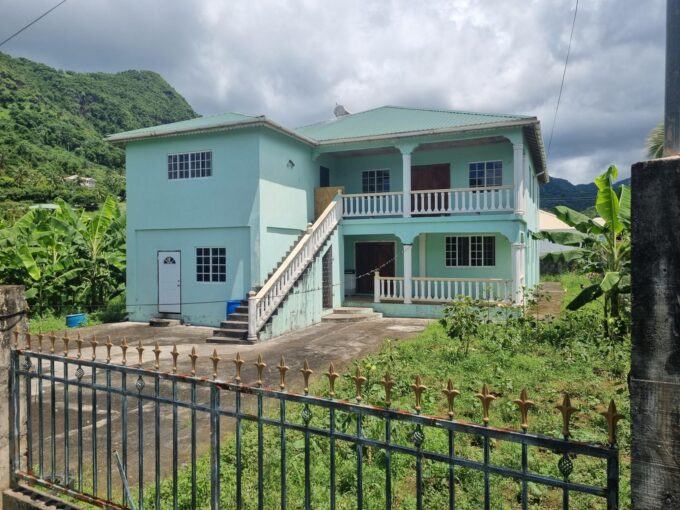Here’s a comprehensive overview of the real estate sector in Saint Vincent and the Grenadines:
Real Estate in Saint Vincent and the Grenadines
1. Types of Properties
- Residential Homes – Villas, family homes, townhouses, and apartments.
- Luxury Villas – Especially in the Grenadines (Bequia, Mustique, Canouan).
- Vacation Rentals – A growing sector for Airbnb and short-term stays.
- Commercial Properties – Shops, offices, and small businesses mainly in Kingstown and tourist hubs.
- Agricultural Land – Common in rural areas, often undeveloped.
- Beachfront & Hillside Lots – Popular for investors and developers.
2. Popular Locations
- Kingstown – The capital; mainly commercial and administrative real estate.
- Villa & Indian Bay – Upscale residential and tourism zones.
- Canouan, Bequia, Mustique – High-end resort islands with luxurious villas and private estates.
- Ratho Mill & Calliaqua – Popular residential areas for locals and expats.
3. Foreign Ownership
- Aliens Landholding License (ALL) required for foreigners to purchase property.
- Can take 2–6 months to obtain.
- Fee: 5% of the property value (approx.)
- Foreigners often invest in:
- Holiday homes
- Eco-resorts
- Real estate developments
4. Costs & Taxes
- Land Prices: Vary by location. Inland plots can cost as low as EC$10–30 per sq. ft., while prime coastal land can be EC$80–200+ per sq. ft.
- Property Transfer Tax:
- Vendor (seller) pays 5%
- Purchaser (buyer) pays 5% (unless exempt as a local)
- Stamp Duty: Around 1%
- Annual Property Tax: Generally low (ranges from 0.1% to 0.8% of market value)
5. Real Estate Agencies
- SVG Realty
- Grenadine Island Villas
- Realtors SVG
- Caribbean Island Properties
- Most listings are also found online on Realtor.com, Rightmove, or local agency websites.
6. Growth & Investment Trends
- Steady growth in eco-tourism properties
- Interest in retirement homes and second homes
- Rise in short-term rentals due to tourism
- Government encouraging sustainable development and foreign direct investment
7. Key Considerations
- Always verify land titles and boundaries.
- Work with a licensed lawyer and real estate agent.
- Ensure you understand zoning laws, especially for commercial or resort development.
- Be aware of coastal zone regulations for beachfront construction.



